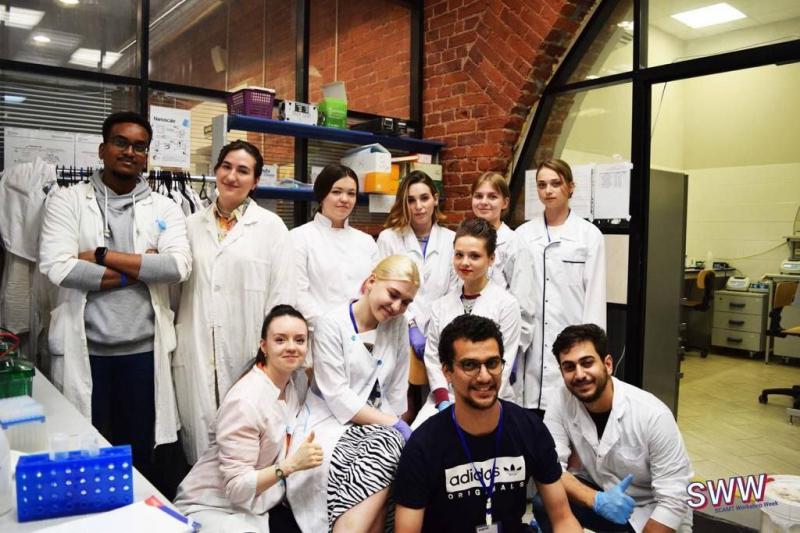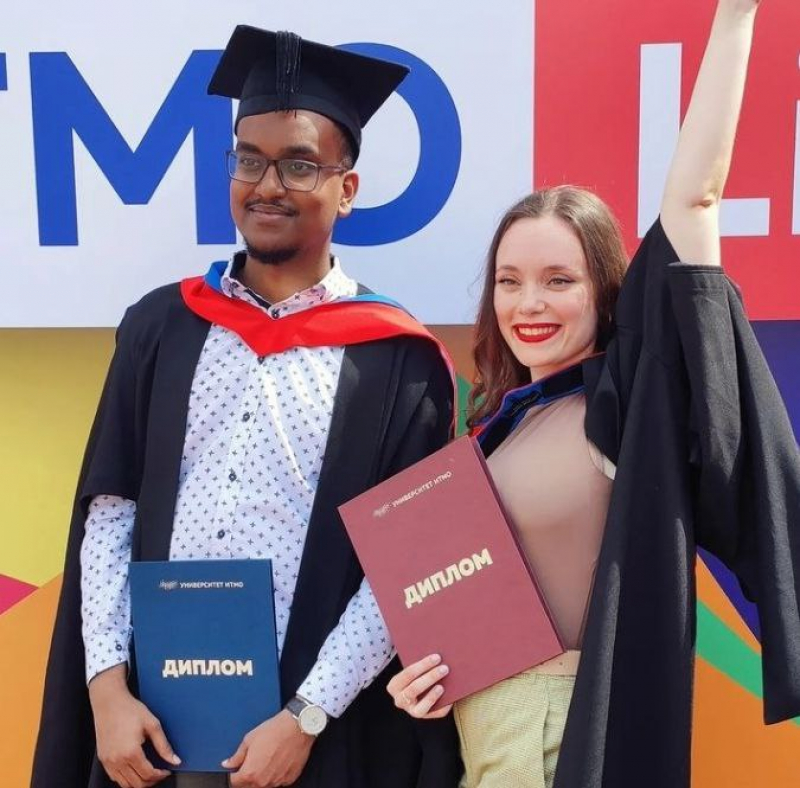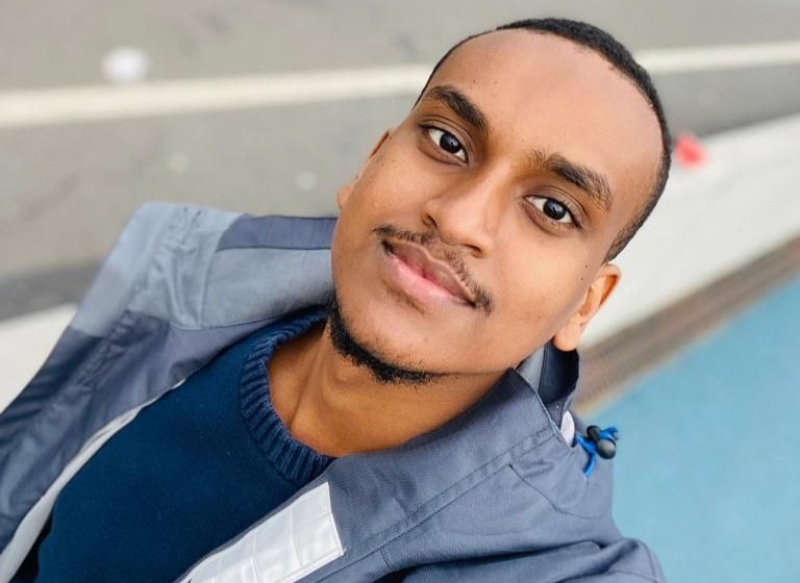How does it feel to be an ITMO graduate?
Honestly, my life is still the same. The two years of my Master’s were excellent. I had a lot of fun learning new skills, working on different projects, and making new friends. But I am still working on the same project, with the same group of people, even after graduation. I am also going to pursue a PhD at ITMO. So my life at ITMO has only begun!
Walk us through the journey of your dissertation project.
In the beginning, it was really scary and stressful. Nothing seemed to work. I could only obtain good results in early May, a month before my thesis defense. For one and a half years, I was struggling to optimize my research project. Even after spending well over 12 hours in the lab every day, I was nowhere near successful.
I felt really embarrassed in team meetings when other members of my group would show their results and progress to the next level in their research. At one point, I even considered taking academic leave and returning home. But then I gathered myself and kept working hard.
Did it pay off in the end?
The defense was nerve-wracking. There were so many deadlines to take care of. The process of submitting your thesis report is utterly long and complicated. I had prepared myself for so many different questions that the committee might ask me. In the end, I was asked only two, both of which I could answer quite comfortably. The experts were able to understand my project well. So, I guess the hard work did pay off.
When nothing seemed to work, what motivated you to hang in there?
I was very bad at keeping myself calm. I was in the microbiology lab at first. I didn't work out, and I changed to the molecular biology lab. It was still very challenging.
But soon I realized that I was not alone. There were many who were struggling with their lives too. Still, they were determined. That inspired me to keep working. The harsh truth is that I did not have a life beyond the lab. My teammates were my family. I returned home just to sleep.
“My lab members have become my family,” says Moustapha. Credit: SCAMT
Do you think SCAMT labs are more result-oriented? Is effort valued enough?
You would find both types of people in the lab. There are people who get involved in your day-to-day life. They see you working hard day in and day out. Such people will definitely appreciate your effort. On the contrary, you will also find some people who is not concerned about your efforts. They are only interested in the results that you produce. I think this is how most labs and offices generally work.
Were you affected by the publish or perish culture?
I am still facing its wrath! When I was a freshman, I was working under a senior student, helping him in his research. Once he graduated, I took over the reins and continued with his work. Since then, I have been under huge pressure to publish a paper. It is like my ability to do research will be judged on my ability to publish in a reputable journal with a high impact factor. I agree that publications are necessary, but a good paper takes time and I found myself in a massive lack of it.
Publishing in a reputed journal costs a lot of money. How did you manage your funds?
Article processing charges (APC) are a major problem for beginners like us. We usually don’t go for top journals like Nature and MDPI. Instead, we look for APC-free journals that have a decent impact factor. It is confusing whether a student should go for quality or quantity. I don’t really know!
I remember, once a journal demanded 50,000 RUB just for colored printing! For obvious reasons, I opted for a black and white one. I could never afford that. I have to save money for healthcare too!
What are your rejuvenation mantras?
If I wanted to forget everything about work for a day, I would generally wake up around 8 and then possibly binge-watch three seasons of a show on Netflix. I know it is not very healthy, but it does the trick. I would also sometimes hang out with friends, visit some cool places in St. Pete, and play a few sports.
Moustapha at the graduation ceremony (ITMO.LiVE 2022). Photo courtesy of the subject
Despite hardships, you decided to pursue a PhD at ITMO. Why?
In Djibouti, there is an academic saturation. There are many people with a Master’s degree or equivalent, but they don’t get paid enough. If I want to establish myself there, I would have to grow further. Therefore, I feel a PhD is the best option. It is like an investment into the future. I decided to continue at ITMO because of the people – I know everyone here and they know me as well. So, I think it will be much easier for me to get along with them rather than starting it all over again from scratch.
What are you going to work on?
I haven’t had the opportunity to properly discuss this with my principal investigator (PI) yet. Probably I will be working on aptamers, single-stranded oligonucleotides that have the ability to fold into specific architectures and bind to targets like proteins.
How do you feel about living in Russia?
I feel quite comfortable here. I am surrounded by people who care for me and don’t let me down. I have got accustomed to the weather too. The only snag is food. Even after spending more than two years in Russia, I am not a huge fan of Russian food. I have tried so many dishes, but none of them really made me go “Wow!”
What advice would you like to give to the incoming batch of students?
I know many students are skeptical about studying in Russia. In my opinion, it is a good place to study. I have seen international students who have fallen in love with this place and its people. I have also seen some students who did not have a good experience. I would say, come and see for yourselves. There are numerous opportunities waiting for all of you here.




